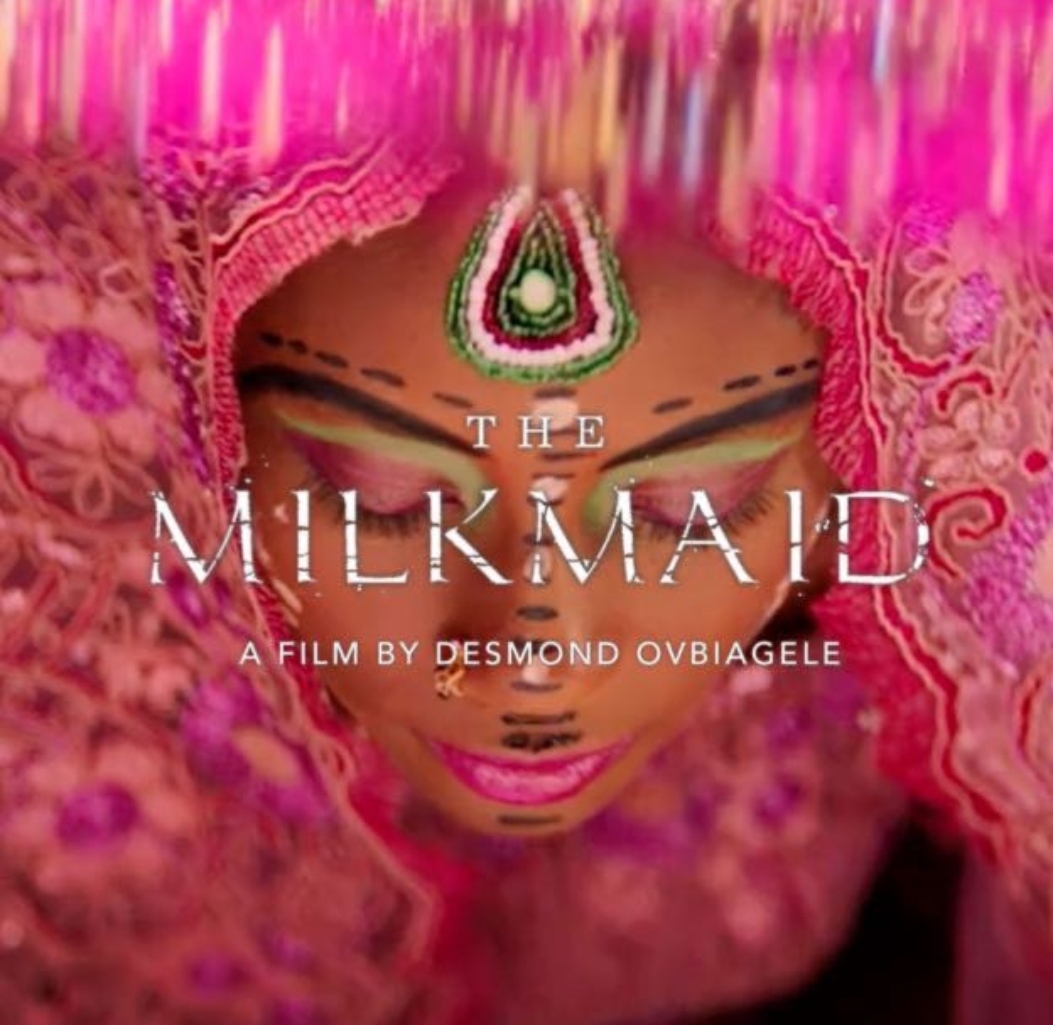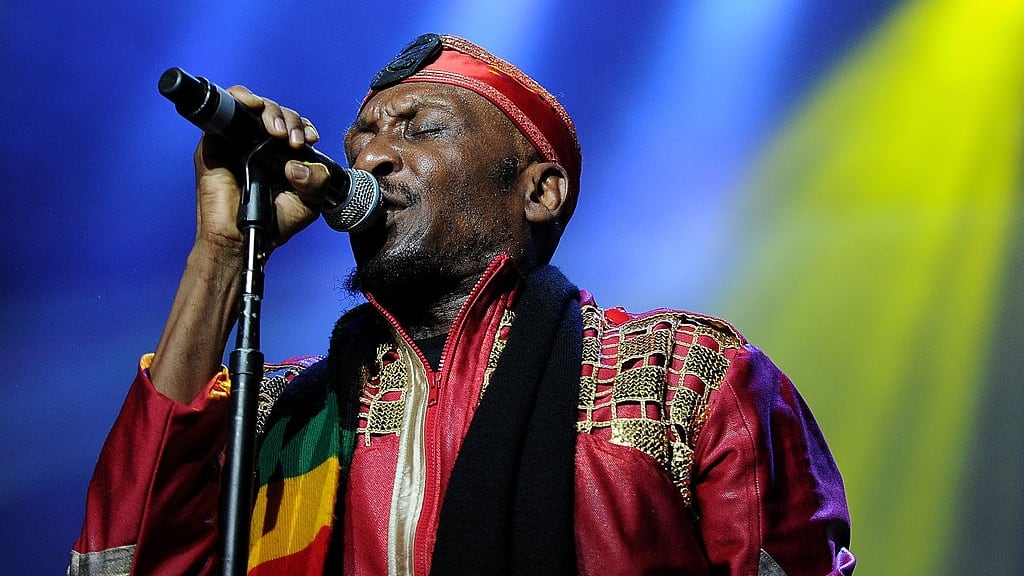By Peace Anyiam-Osigwe, MFR
It takes chance and luck to get some rays of attention in this thriving age—one that could change the fate of a great country like ours. A lot has not been seen of us, even with the advent of social media. Among the more predominant realities that has failed to gain much needed attention is the suffering borne out of the Boko Haram insurgency in northern Nigeria. Across the nation, Nigerians have endured the evils of kidnapping, and bandits ravaging the sub-region in a way that makes human existence almost devoid of normalcy.
Truly, the government has tried to explain what is going on in the North to the people. However, we are so far removed from reality that we realize neither the depth of the problem that bedevils Northern Nigeria, nor how badly it has affected the routines of the people. Not only is road travel dangerous, but people are also scared to sleep in their houses at night. Once, I heard that people up North sneak away at night for fear of being kidnapped. The first-hand stories of women, boys, and girls being battered and raped consistently failed to attract adequate attention in media and motion pictures.
This year however is quite different because we get to see these realities vividly portrayed in the Africa Movie Academy Awards Best Picture recipient, The Milkmaid. Fortunately, it has been picked to run for this year’s Academy Awards – 93rd Oscars, for its precise and convincing capturing of the realities of the imminent threat to human existence in Northern Nigeria. The Milkmaid, which tells the story of insurgency, imbues a little bit of understanding and empathy into this area. It allows for us and the world at large to get acquainted with certain things that go unnoticed up North. The Milkmaid is a remarkable film— The Milkmaid is a compelling, top-quality film and a worthy representation of what Nollywood has to offer in cinematic story-telling.
The Nigerian Official Selection Committee (NOSC) has chosen this film as the country’s submission to the 93rd Oscars, and this is an opportunity to not only gain global recognition for a product of our industry, but to also bring attention to a major crisis happening in Nigeria. Part of what would be applauded is the growth, beauty and social relevance of Nollywood; its achievements exemplified by the quality and standard of this film, the indigenous crew and cast that speak to the job-creating potential of one of Nigeria’s largest industries, the scenic geographical location that gives a glimpse into northern Nigeria and perhaps most importantly, the haunting realities of life within the region.
Given this, the decision by the NOSC to put forward The Milkmaid presents the country with the opportunity to gain global recognition for our film industry. Whilst submitting an eligible film for consideration by the Academy is an achievement in itself (several countries in Africa and elsewhere in the world have never done so), it is perhaps long overdue for an industry with the heritage, prominence and dynamism of Nollywood. The real opportunity lies in progressing beyond the preliminary stage of over 90 country submissions into the February shortlist of 15 films (recently expanded by the Academy from 10), and even potentially claiming a place amongst the coveted group of 5 official Oscar nominees to be unveiled the following month ahead of the April ceremony.
This opportunity can however only be fully realized with the support of all stakeholders. We would need to campaign and lobby this involves the full involvement of the Ministry of Information, Culture and Tourism, and our agencies under the Minister, The Ministry of Foreign Affairs, and Finance. In our bid to win an award at the 93rd Oscars and bring the entire Nollywood a greater spotlight—as this would be a collective win for us all—this would be crucial. It is interesting to note that unlike all other categories at the Oscars that acknowledge individual achievement, the category of Best International Feature Film is unique in that the nominees represent the respective countries of production rather than any specific individual. In essence, it is a national accolade. As such, the onus ultimately rests with the government of Nigeria to take full advantage of this annual opportunity to burnish the image of the Nigeria filmmaking industry and the country at large by wholeheartedly supporting an aggressive local and international PR campaign on behalf of the film selected to fly the national flag against typically formidable competition.
It has been proven through the decades, that notwithstanding the creative and technical merits of the submitted film, lobbying is the driving force that influences perceptions and decisions of key stakeholders in the voting process. South Africa has long been aware of this, and its vigorous efforts in this regard on behalf of its submission, Tsotsi, yielded the ultimate prize of an Academy Award in 2006. I would love to see not only the Nigerian Government but also Corporate Nigeria rise to the occasion and support The Milkmaid – an act which by extension would actively encourage and inspire the millions of youths who are doggedly pursuing various means of creative expression.
I keep making comparisons about the National Film and Video Foundation in South Africa and our Nigerian film organizations because they understand that when it gets to be nominated at the Oscars, the entire industry and all stakeholders must forge together and harness their collective strengths into winning the award in the name of South Africa.
In Nigeria, this is what we must do as well. It is time to pull together. It is not the time to complain and take potshots at the Nigerian Official Selection Committee -how it was constituted, or who constituted it, or why they were the ones who constituted it, etc. Of far greater significance is that finally a successful submission out of several eligible films was made to the Academy, and that now is the time to unite and make our first foray into the Oscars arena a truly memorable one. We should acknowledge the work that has and continues to be done. I can fully relate to this, given that we are entering the 17th consecutive year of AMAA without a break. God’s grace, plus the Nigerian can-do-it spirit, has got us here.
The Milkmaid has a unique opportunity to make an impact at the Oscars this year, based both on its cinematic storytelling, as well as the global resonance of its theme – it effectively bears witness to the consequences of extremism and insecurity ranging from kidnapping and banditry in Nigeria to white supremacists and coup attempts in North America.
The Milkmaid has a decent shot at the final five at the Oscars. This is obviously a huge deal and one that cannot be achieved if we do not give the film our full backing.
Let’s start using whatever platform we have to give ourselves some accolades about how far we have come with our doggedness. There is a saying Igbo ” when you call yourself somebody, others will respect you.” We need to generate the conversations around this work of art representing over 200 million people, and whose relevance was underlined with the uncanny synchronization of its unveiling as Nigeria’s submission for the 93rd Oscars with the much publicized abduction of 300 boys by extremists from a school in Kankara, northern Nigeria, a chilling reprise of the 2014 abduction of 276 girls in Chibok. Notably, The Milkmaid’s dialogue is rendered entirely in Hausa and Fulfulde, lending further authenticity and poignancy to its narrative and characterization.
We can and should utilize social media, which has proven to be a basic awareness tool to generate public support for this film. We could engage with diasporic voices in continental hotspots – an effective lobbying strategy that other countries have keyed into in order to raise the money needed for an Oscars campaign.
As the National President of the Association of Movie Producers, what I have witnessed is an unfortunate detachment and lack of understanding to what needs to be done with regard to this film, this might be expected as it’s our first time in the race. The Executive Producers of this film are doing as much they can, but without the country’s backing, the film cannot reasonably be expected to make any substantial progress. To reiterate: This submission is for Nigeria as a whole and not just the film’s producers and director.
Let’s make Nigeria proud on the world stage by working together on this one. Nollywood was founded and grew on team spirit and there has not been a better time to exemplify this unity of purpose. The Government and People of Nigeria have enjoyed the positives that Nollywood has over the years garnered for our country. Let us walk the talk. I call on every single individual, government, influencer, and opinion writer to watch the film, celebrate Nigeria Cinema. Let us not waste this great opportunity to turn the global limelight on our industry. May we all rise together. Nollywood exemplifies the essence of what Nigeria is about our resilience and our creativity that defines innately who we are!


 Business3 days ago
Business3 days ago
 Headline5 days ago
Headline5 days ago
 National6 days ago
National6 days ago
 Featured3 days ago
Featured3 days ago
 Headline5 days ago
Headline5 days ago
 Headline5 days ago
Headline5 days ago
 Opinion3 days ago
Opinion3 days ago
 Islam4 days ago
Islam4 days ago















